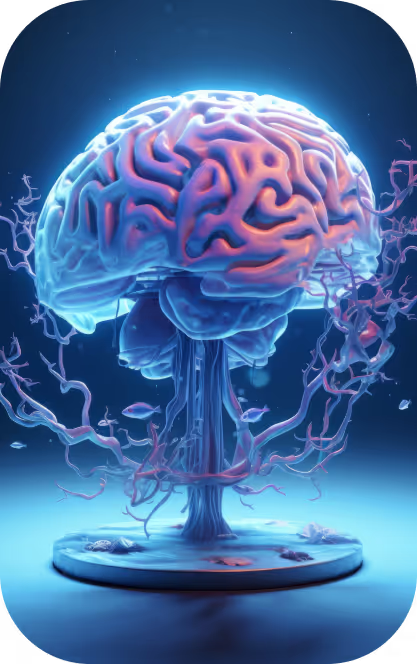DIGITALIZATION OF EDUCATION IN THE CONTEXT OF THE FORMATION OF A NEW GENERATION UNIVERSITY
Magazine Name
Type
date
Authors
DOI
Annotation
The article analyzes the digitalization of higher education as a complex phenomenon of modern society that determines the formation of a new generation university. It is stated that digitalization is an integral part of the development of social institutions, encompassing the economy, culture, medicine, management, and, in particular, the educational sphere. Particular attention is paid to the transformational processes taking place in higher education institutions as a result of the widespread implementation of digital technologies. It is noted that digital solutions – distance education platforms, chat bots, artificial intelligence, messengers, electronic registration services, and virtual libraries – contribute to the change of pedagogical models, form new communication strategies for interaction between teachers and students. The article highlights the positive aspects of the digital transformation of education, including the flexibility of learning, personalization of educational trajectories, and optimization of educational and administrative processes. At the same time, the challenges accompanying this process are emphasized: digital inequality, technical difficulties, insufficient digital literacy of both students and teachers. Particular attention is paid to the problem of information security in the digital educational environment, which is exacerbated by the rapid expansion of digital technologies and the threat of cybercrime. Considerable attention is paid to the changing role of the teacher and the need to adapt their pedagogical practices to the modern requirements of the digital society. The emphasis is placed on the fact that a modern teacher should not only be proficient in the latest digital tools but also be able to effectively integrate them into the learning process, taking into account the specifics of digital habits and the educational needs of students. The article also examines the specifics of implementing innovative digital solutions, including the use of chatbots and artificial intelligence in the educational process, which allow automating routine processes, increasing the efficiency of information exchange, but at the same time raise a number of issues for the pedagogical community to preserve the quality of education and students' ability to think independently. It is generalized that the digitalization of education is not just a technological update of the educational environment, but also a fundamental change in the pedagogical paradigm based on interactivity, adaptability, and continuous updating of knowledge and skills. The key priorities for the development of new generation universities, focused on sustainable development and training of competitive professionals capable of operating effectively in the digital reality, have been identified.










